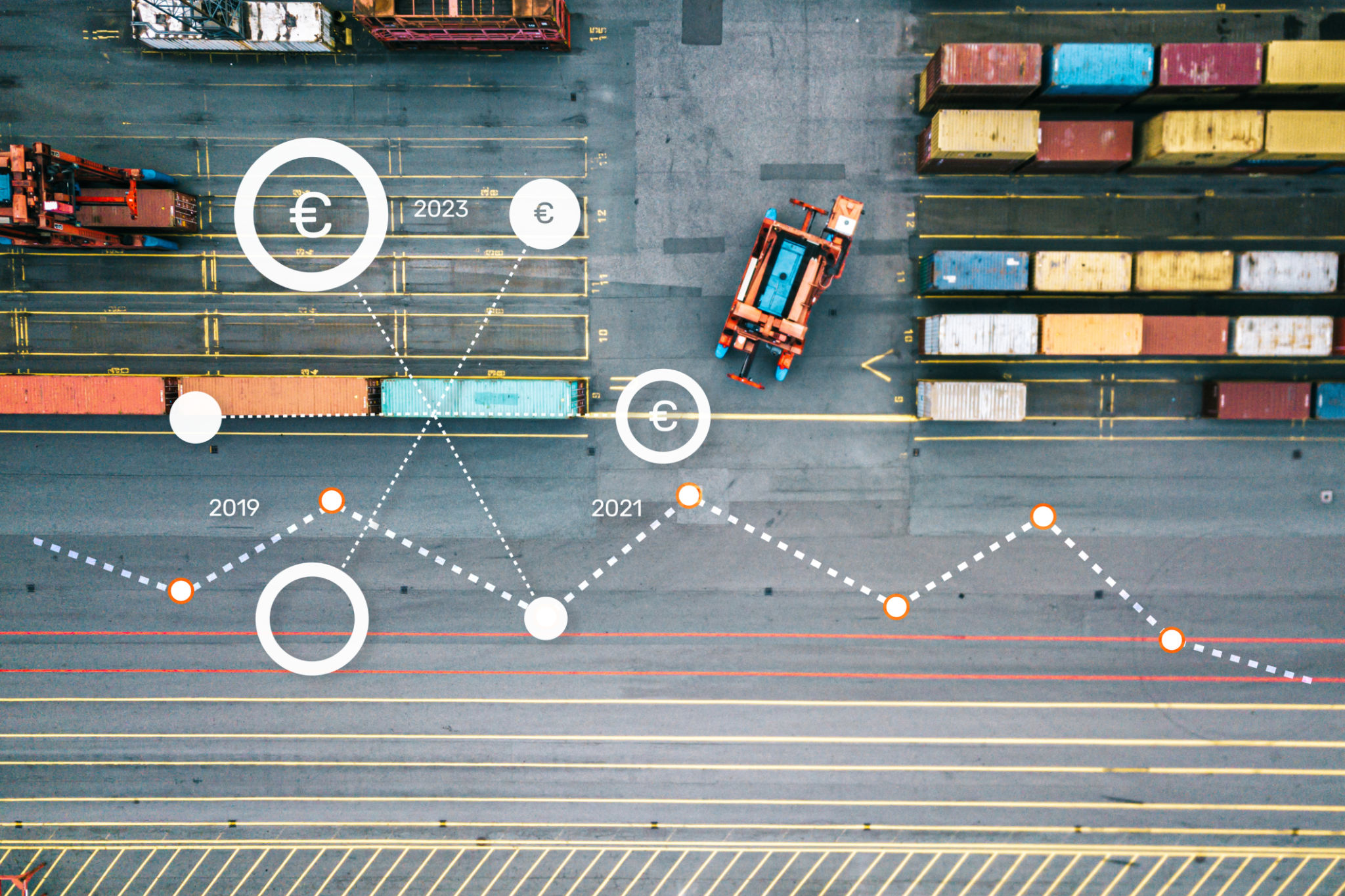Expert Insights: Future Trends in the Digital Logistics Industry
As the digital landscape continues to evolve, the logistics industry is embracing a wave of innovations that promise to reshape how goods are transported and delivered. By understanding these future trends, businesses can stay ahead of the curve and enhance their operational efficiency. Here, we explore some expert insights into the emerging trends that are set to define the digital logistics industry.
Automation and Robotics
One of the most significant shifts in the logistics industry is the integration of automation and robotics. Warehouses and distribution centers are increasingly utilizing automated systems to streamline operations. These technologies enhance accuracy and speed, reducing human error and labor costs. In the coming years, we can expect to see even more advanced robotics, including drones and autonomous vehicles, revolutionizing delivery processes.

Impact on Labor
With the rise of automation, there is a growing concern about the impact on employment. While some jobs may become obsolete, new opportunities in tech-driven logistics roles are expected to emerge. Upskilling the workforce will be crucial as the industry transitions to more automated systems.
Data-Driven Decision Making
Data analytics is becoming a cornerstone in logistics, enabling companies to make informed decisions. By leveraging big data, logistics providers can optimize routes, predict demand, and enhance supply chain visibility. This data-driven approach allows for more efficient operations and improved customer satisfaction.

Real-Time Tracking
Real-time tracking solutions powered by data analytics provide customers with up-to-the-minute information about their shipments. This transparency not only improves trust but also allows logistics companies to quickly address any disruptions in the delivery process.
Sustainability and Green Logistics
Environmental concerns are pushing the logistics industry towards more sustainable practices. Companies are adopting green logistics solutions, such as electric vehicles and eco-friendly packaging, to reduce their carbon footprint. Sustainability is not only beneficial for the environment but also enhances brand reputation and customer loyalty.

Government Regulations
As governments worldwide implement stricter environmental regulations, logistics companies must adapt to comply with new standards. This may involve investing in cleaner technologies and adopting sustainable practices to meet regulatory requirements.
Blockchain Technology
Blockchain is emerging as a game-changer in logistics, offering enhanced security and transparency in supply chain management. By providing an immutable ledger of transactions, blockchain ensures data integrity and reduces the risk of fraud. It also facilitates smoother cross-border transactions and improves traceability.

Collaboration and Partnerships
The implementation of blockchain technology often requires collaboration among different stakeholders in the logistics chain. Establishing partnerships and working collectively can accelerate the adoption of this innovative technology, leading to more efficient and secure logistics operations.
As the digital logistics industry continues to transform, staying informed about these trends is essential for businesses aiming to remain competitive. Embracing innovation, sustainability, and collaboration will be key drivers of success in this dynamic landscape.
